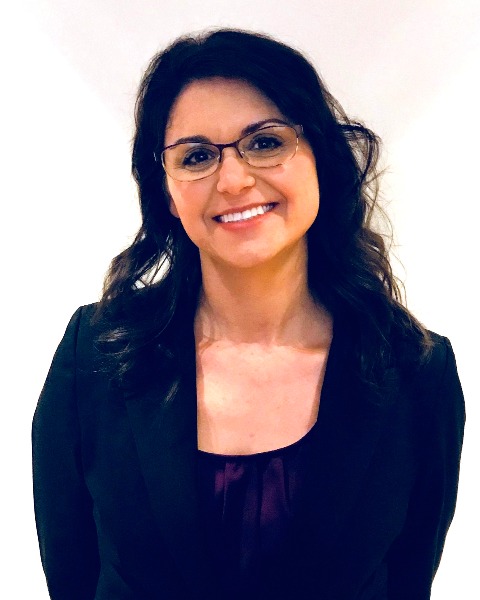Developmental and Behavioral Pediatrics
Session: Developmental and Behavioral Pediatrics 3: Screening
417 - Perspectives and Challenges in Autism Screening and Referral: A Survey of Pediatricians
Friday, May 3, 2024
5:15 PM - 7:15 PM ET
Poster Number: 417
Publication Number: 417.41
Publication Number: 417.41

Melissa Olivadoti, PhD (she/her/hers)
Medical Affairs Consultant
LinusBio
Henderson, Nevada, United States
Presenting Author(s)
Background: Most children are screened for autism at 18 and 24 months, but recent studies have shown that less than 1/3 of positive-screen children are referred for autism assessment. Lack of referrals delays diagnosis and receipt of autism-specific services during a crucial period of development.
Objective: Survey pediatricians about challenges of autism screening and referral decision-making for positive-screen children for an autism evaluation.
Design/Methods: US-based board-certified pediatricians were recruited from network healthcare panels. Eligibility included: 3-30yr in practice, ≥70% of time seeing pts, ≥15 pts 16-30mo, ≥30 pts aged 31mo-6yr, and regular autism screening of pts ages 16-30mo. A 15-min paid survey included questions about autism screening and referral behaviors and attitudes, on a scale from 1 (strongly disagree) to 7 (strongly agree).
Results: Pediatricians (n=100) completed the survey. The majority were in private practice (79%). Practice locations included suburban (54%), urban (34%), semi-rural (7%), and rural (5%). Pediatricians reported completing the M-CHAT-R/F follow-up interviews for 82% of pts 18 and 24mo with moderate risk scores. For all patients who screened positive, pediatricians reported a 53% referral rate. Among respondents, 13% agreed/strongly agreed that they wanted to avoid worrying caregivers if they were not confident that the patient had autism. Only 32% of respondents agreed/strongly agreed that the M-CHAT accurately identified patients who are likely to be on the autism spectrum and need diagnostic evaluations. When asked about early intervention (EI) services being sufficient to get patients the services they needed, 28% of respondents agreed/strongly agreed and 27% disagreed/strongly disagreed. Roughly 1/3 (34%) of pediatricians reported that they do not refer children with a positive MCHAT due to wait list length for assessment.
Conclusion(s): Pediatricians who consistently screen for autism do not have strong confidence in the M-CHAT, are concerned with worrying caregivers about positive screening results, and are concerned with wait times for specialists. Limitations included a convenience sample of largely group private practice with results not stratified by clinic demographics. Results demonstrate a need for screening tools that boost confidence for referral, are easy to administer and discuss with families, efficacious, and can reduce wait lists for autism assessment,
